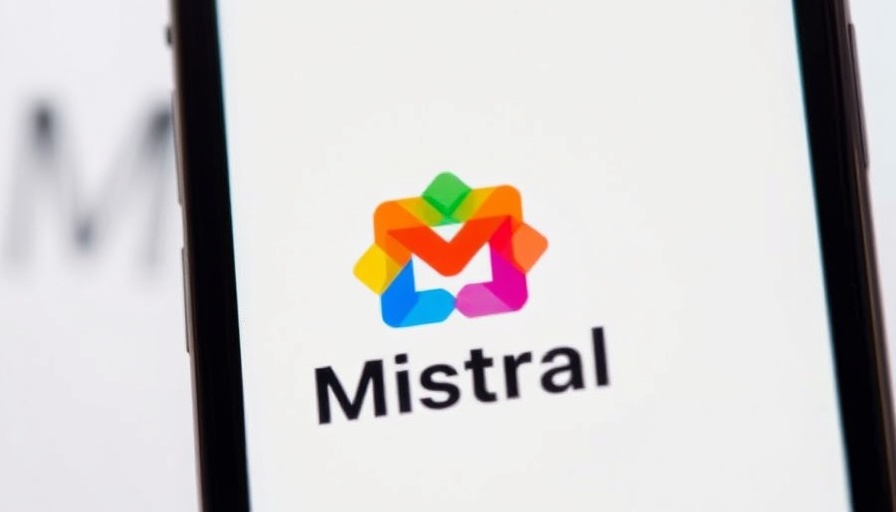
Understanding the Tension: OpenAI and Microsoft’s AGI Partnership
The collaboration between OpenAI and Microsoft transcends mere investment; it embodies a complex relationship centered on the evolving definition of artificial general intelligence (AGI). As OpenAI's extensive research continues to develop, a recent internal paper titled "Five Levels of General AI Capabilities" reveals the stakes at hand in the high-stakes partnership. Tensions surrounding AGI's significance have not only raised questions for businesses in the tech sector but might also redefine corporate strategy moving forward.
What’s at Stake? AGI Clauses and Corporate Interests
The key clause within OpenAI's contract with Microsoft serves as a potential ground for conflict. Should OpenAI's board declare the achievement of AGI, as they have defined it — an autonomous system outperforming humans at most economically valuable tasks — their partnership could be fundamentally reevaluated. Microsoft has already invested over $13 billion and is advocating for the removal of this clause amidst fears it might limit their access to future advancements. This concern highlights the delicate nature of corporate agreements in the burgeoning field of AI.
Redefining AGI: The Implications of the Internal Paper
The internal paper, which aims to classify different stages of AI development, has become a cornerstone of the negotiation discussions. With specific claims related to AGI capabilities, it poses a threat to OpenAI’s potential to make future announcements regarding its developments. As tech giants like Microsoft seek continuous innovation, maintaining a conducive negotiation environment becomes critical. OpenAI's spokesperson, Lindsay McCallum, emphasizes their pursuit of verifiable and reproducible methods for assessing AGI progress—indicating a serious approach to their classification debates.
The Broader Implications of AGI Development
As the discourse on AGI intensifies, the implications reach far beyond the walls of corporate boardrooms. If OpenAI were to achieve AGI, the ramifications for industries from healthcare to finance could be significant. Businesses in tech-driven and marketing-centric environments must prepare for the changes that AGI can bring, potentially creating shifts in workforce needs, data privacy considerations, and ethical standards.
What’s Next? Future Predictions and Corporate Strategies
Negotiations will continue as both companies navigate this uncharted territory. Some analysts believe that Microsoft may not expect OpenAI to achieve AGI by their deadline of 2030, while others consider the clause a crucial bargaining chip for OpenAI's negotiation power. As technology evolves rapidly, staying ahead in understanding AGI's possibilities is essential for business leaders in the field. Furthermore, should Microsoft abandon the deal, it would signify a major shift in how tech partnerships are structured in the AI landscape.
Call to Action: Staying Informed in an Evolving Industry
As business leaders, staying informed about the developments in AGI and the strategic relationships surrounding it is paramount for maintaining a competitive edge. Understanding these dynamics not only aids in anticipation of market shifts but also empowers businesses to adapt strategies accordingly. Following the OpenAI-Microsoft partnership can inform future decisions on technology investments and collaborations in your respective industries.
 Add Row
Add Row  Add
Add 




Write A Comment